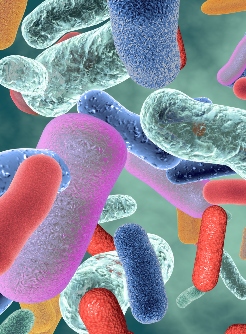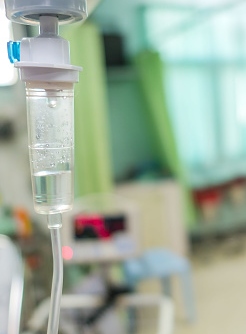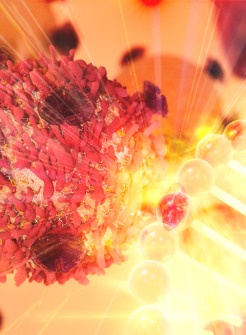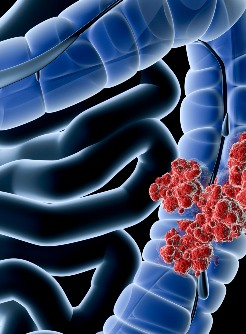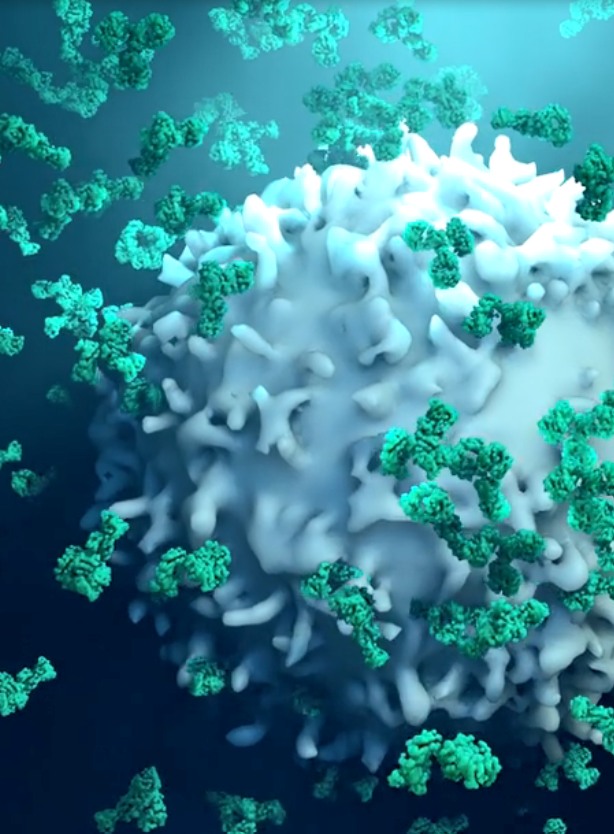Gut Microbiome Pathways May Predict Response to Nivolumab for Gastric Cancer
By Michael Vlessides, /alert Contributor
February 17, 2021
A team of Japanese researchers may have found a new biomarker for response to nivolumab (Opdivo; Bristol Myers Squibb) among individuals with advanced gastric cancer.
The investigation concluded that gut microbiome pathways associated with bacterial invasion of epithelial cells may predict response to nivolumab treatment in these patients. The trial also found that gastric cancer patients who responded to nivolumab treatment had a more diverse gut microbiome than did their counterparts who did not respond to the immune checkpoint inhibitor. 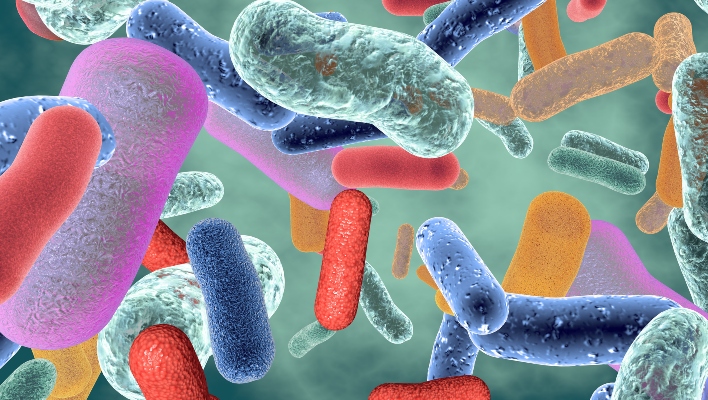
In a presentation during the 2021 Gastrointestinal Cancers Symposium of the American Society of Clinical Oncology (abstract 161), the investigators noted that nivolumab monotherapy has been shown to confer a survival benefit among previously treated gastric cancer patients. Nevertheless, more than half of patients do not respond to later-line nivolumab therapy, illustrating the need for predictive markers in the disease.
Additionally, while other studies have concluded that the efficacy of anti-PD-1-based immunotherapy may be associated with gut microbiome composition in various types of cancers, little is known about this association in gastric cancer. “We therefore investigated whether genomic information in the gut microbiome will serve as predictors for nivolumab in advanced gastric cancer,” the authors wrote.
The resulting observational/translational study — called the DELIVER trial (UMIN000030850) — comprised 501 patients with advanced gastric cancer who underwent nivolumab monotherapy between March 2018 and August 2019. As part of the investigation, fecal samples were collected prior to nivolumab treatment.
The trial’s primary endpoint was the relationship between genomic pathways in the gut microbiome and the efficacy of nivolumab, defined as the presence or absence of progressive disease at the study’s first evaluation point.
Genomic data were measured using genome shotgun sequence. Biomarkers were first analyzed in a training cohort comprising the study’s initial 200 patients; the top 30 biomarker candidates were then validated in the final 300 patients, which constituted the validation cohort.
According to lead author Yu Sunakawa, MD, PhD, of the St. Marianna University School of Medicine, in Kawasaki, Japan, progressive disease occurred in 62.2% of 180 patients in the training cohort (95% CI: 54.7-69.3%), and 53.2% (95% CI: 47.0-59.4%) of 257 in the validation cohort. Interestingly, patients who did not suffer progressive disease were found to have more diverse microbiomes.
Furthermore, the researchers found that bacterial invasion of the epithelial cell pathway was significantly associated with clinical response to nivolumab in both the training cohort (p = 0.057) and the validation cohort (p = 0.014). Indeed, patients who had progressive disease at the first RECIST assessment were much more likely to have a gut microbiome featuring upregulation of canonical pathways within the Kyoto Encyclopedia of Genes and Genomes linked to bacterial invasion of epithelial cells prior to the start of therapy.
Finally, the investigators performed exploratory analyses to help identify specific bacterial biomarkers associated with nivolumab response. These efforts revealed that Odoribacter and Veillonella were associated with tumor response to nivolumab in both cohorts. Specifically, the presence of Odoribacter correlated with progressive disease, while Veillonella correlated with response or stable disease.
These findings, the investigators concluded, are the first to demonstrate that gut microbiome pathways associated with bacterial invasion of epithelial cells may predict response to nivolumab in patients with advanced gastric cancer.
“In addition,” the authors concluded, “we found gastric cancer-specific gut microbiome to predict response to immune checkpoint inhibitors.” The researchers are continuing to analyze the data to identify relationships between the gut microbiome and survival outcomes.


.jpg)
